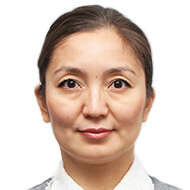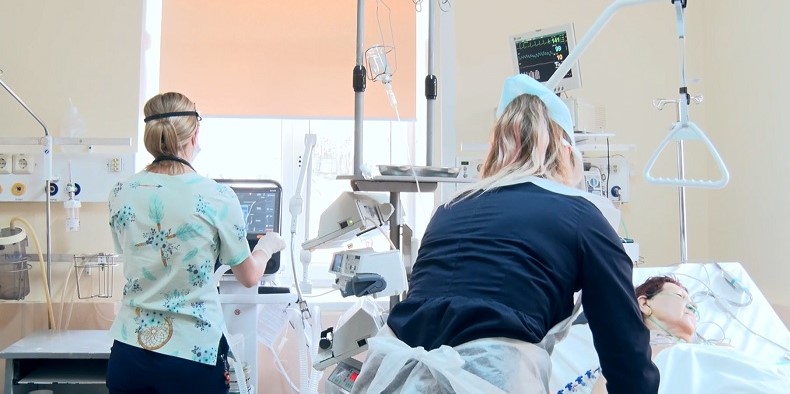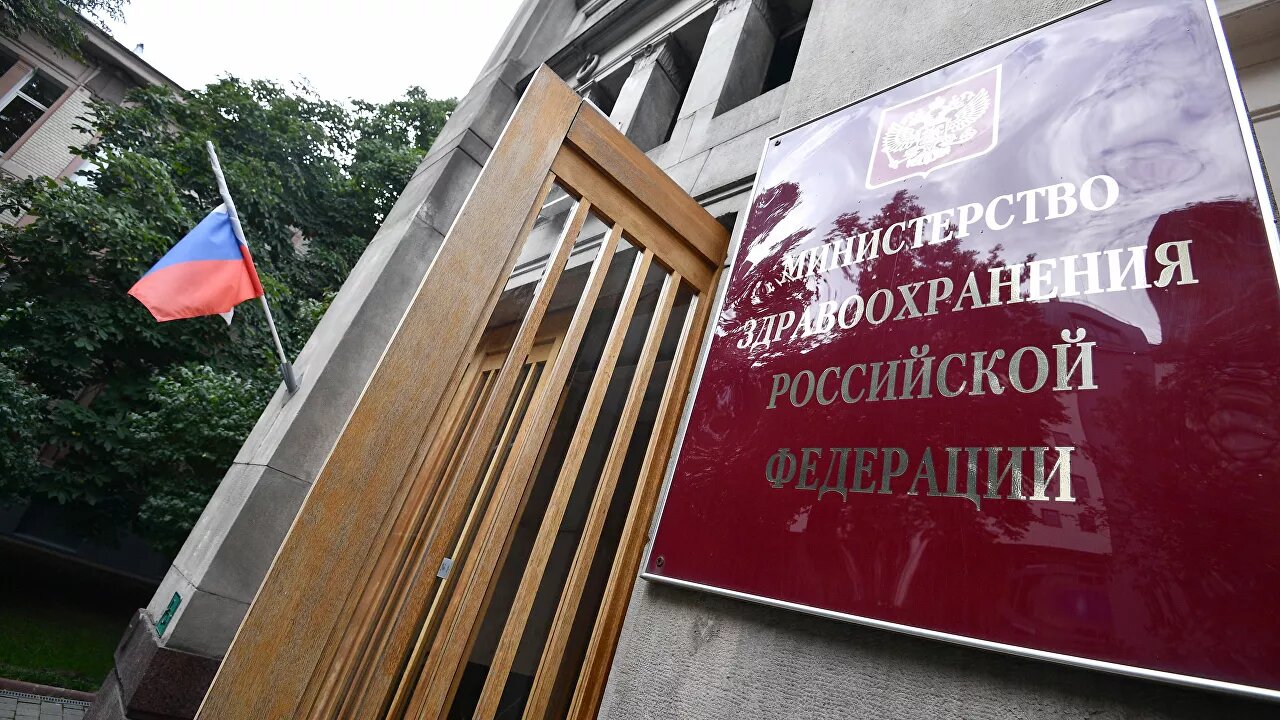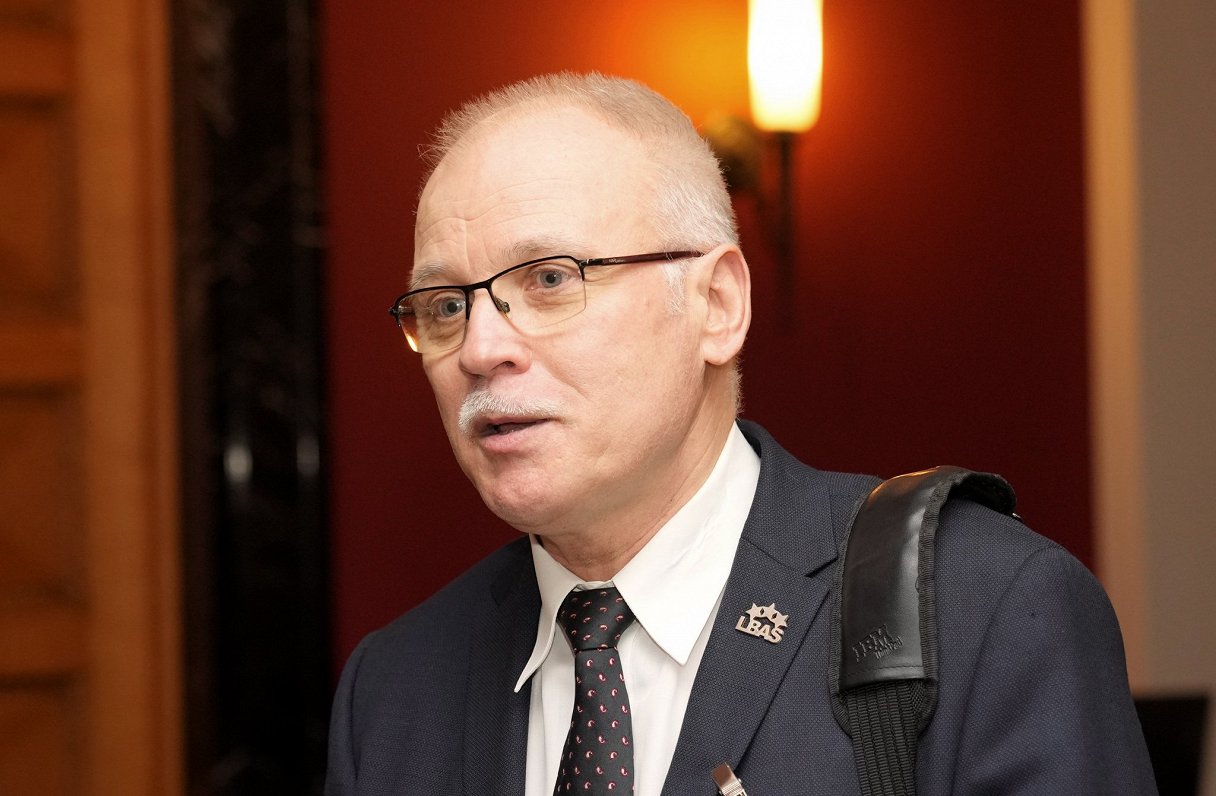The Ministry of Health of Latvia announced financial incentives for doctors who fill in the vacancies in the public sector. A total of 6.9 million euros from the European Union will allow a one-time compensation equal to nine monthly salaries, between 7000 -16000 euros, depending on the specialty, in order to attract doctors to work for at least 3 years in demanded positions in hospitals and in primary care.
European Union funding of 6.9 million euros will be available to attract doctors to work in the public sector in Latvia. On July 23, the Cabinet of Ministers approved amendments to the regulations, so that applications to this program will start on August 23, 2024. Information about the application procedure and conditions of the program are available at a dedicated project website talakizglitiba.lv.
The purpose of this one-time compensation is to attract both young doctors to vacant positions for the provision of state-paid health care services, as well as those who are currently not working in the profession or are working outside of Latvia. Those who receive such compensation must work in the public sector for at least 3 years. By the end of 2029, the Ministry of Health plans to attract more than 450 specialist doctors to provide health care services paid by the state. As a result, access to specialist care will be improved, and generational replacement of medical personnel will be ensured.
The one-time compensation will be in the amount of nine monthly salaries (from ~ 7 thousand to ~ 16 thousand euros, depending on the specialty), in accordance with the minimum salary determined for the qualification category of the position in accordance with the current regulations of the Cabinet of Ministers. A recipient cannot receive such compensation twice.
It has already been reported that during the previous planning period, through the successful implementation of European Union fund projects on the attraction of medical personnel, a total of 2,170 medical personnel were attracted to the state-paid health care services sector, both in the regions of Latvia and in the capital city Riga. Doctors were attached to hospitals, family doctor’s practices, the Emergency Medical Service and other types of healthcare organizations. Several dozen family doctors of retirement age were able to transfer their practice to young doctors.









